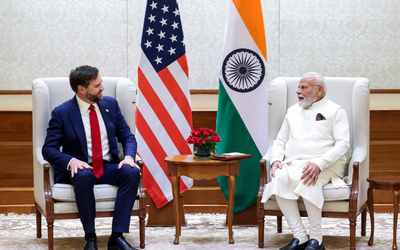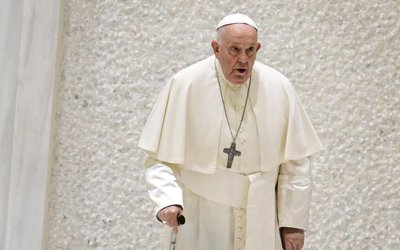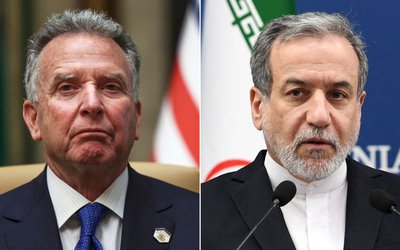More on International






Only a couple of years ago, the cause of the Gurkhas was attracting support from almost all sections of the British society. Have things changed now? It may be very difficult to say, but there are few indications.
Gerald Howarth, a Conservative MP from Aldershot area, wrote to Prime Minister David Cameron, Gerald Howarth, MP for Aldershot, last month asking for more funds to deal with an issue he said was of 'grave concern' in the area, “following an influx of thousands of former soldiers and their families.”
According to media reports, Howarth, who is also a junior minister in the coalition, wrote to the Prime Minister saying that around 10 per cent of the borough of Rushmoor’s population of approximately 90,000 is Nepalese. “This has had a very significant impact over a very short period of time,” he said.
In May 2009, after a high profile campaign led by actress Joanna Lumley, the British government decided to provide settlement rights to Gurkha veterans who had served in the British Army at least for four years.
Thousands of Gurkha veterans and their families have arrived in the UK over the last two years. Most of them are living in areas including Aldershot, Farnborough, Folkestone etc where there alreday was significant presence of the Gurkha community.
Local Councils in the UK are responsible for providing housing and other benefits to people who have got residency rights in their areas. But the arrival of Gurkhas coincided with the downturn in the British economy following the global financial crisis. The new Conservative-led government has already announced massive cuts in the government spending affecting almost all areas of public services including grants to local Councils.
The Rushmoor Borough Council has said it is facing cuts in the government funding of around 2.4 million pounds.
Gurkha community leaders were disappointed to learn about the letter sent by Gerald Howarth. They, however, said it won’t be right to brush off all his concerns.
“Gerald Howarth has a point in that more Gurkhas have moved to the UK since 2009, and that many of this group have needed housing, healthcare and other support that has added to the already growing demands on local services,” said Major (Retd.) Tikendra Dal Dewan, chairman of the British Gurkha Welfare Society (BGWS). “I would, however, disagree with the idea that this is a situation unique to Rushmoor. There are areas in Kent, Berkshire, and Surrey, to name a few, that have substantial Gurkha populations.”







